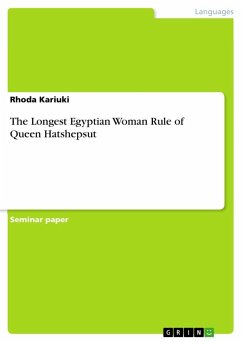Politeness is one of the very important issues in the field of sociolinguistics and pragmatics, as it can be seen in almost every type of our interactions. Since the evolving of politeness theory (Brown and Levinson 1978), cross-cultural pragmatics has gained the attention of many researchers in this field. However, the Arab society has been far less investigated. Therefore, this book widens the scope of cross-cultural pragmatics by investigating politeness in (Moroccan) Arabic and contrasting the behavior of Arab and German speakers with regard to one type of politeness, namely the speech act of greeting. Furthermore, the implications of this study for foreign language teaching and cross-cultural training indicate that politeness and face concerns in different cultures should be part of any learning process. Hopefully, besides being informative, especially to scholars from other fields of intercultural communication research, this study should contribute to raise the awareness of sociolinguists in particular with respect to the role of religion in shaping politeness in Arabic and to serious confusion and misunderstandings that may come into being, when communicators from different cultural backgrounds cannot identify the pragmatic (implicit or indirect) meaning of their interlocutor's utterance.








